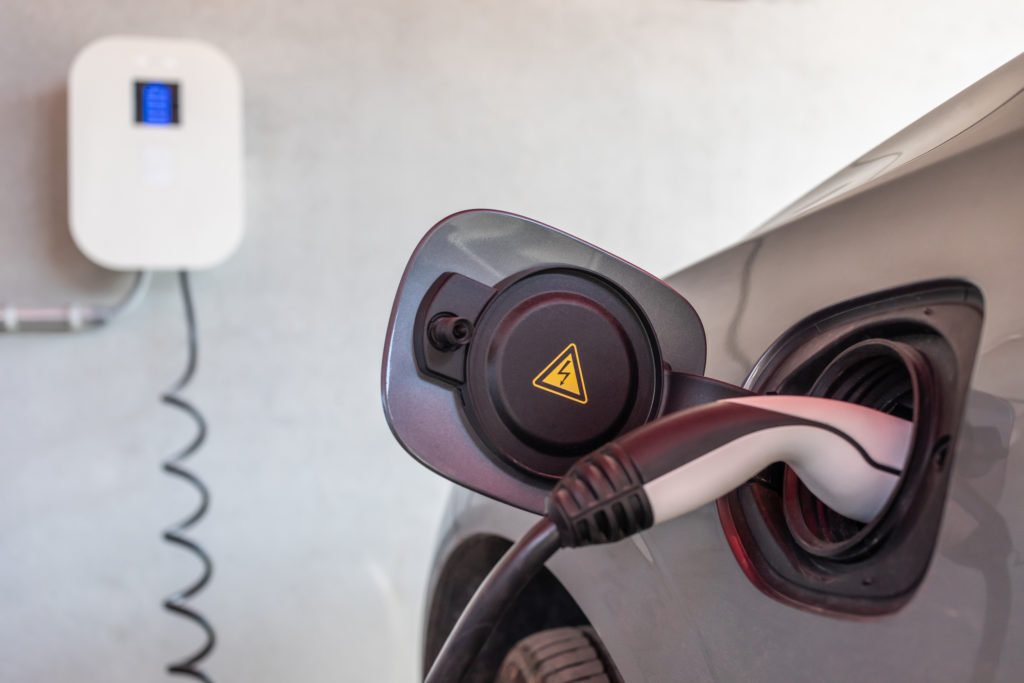How will Europe’s efforts to cut CO2 emissions affect the automotive industry?
21 July 2022

Autovista24 editor Phil Curry explains how Europe’s proposals on vehicle CO2-emissions reductions will affect car manufacturers.
The European Commission’s Fit for 55 proposals to cut CO2 emissions have received the backing of the EU’s 27 member states. The plans focus on adoption of electric vehicles and include a de-facto ban on the sale of new petrol and diesel vehicles, hybrids, and plug-in hybrids (PHEVs) from 2035.
But concessions seem to have been made around development of e-fuels and targets for low-volume vehicle manufacturers.
How does Fit for 55 affect the automotive industry?
Transport is one of the biggest contributors to greenhouse gases in Europe, so restricting vehicle emissions by bringing in stricter targets will help towards overall goals.
The EU has a carbon-neutrality target of 2050 with a reduction in CO2 emissions, when compared to 2021 levels, by 15% in 2025, 55% in 2030, and 100% in 2035. This last target means that by 2035 only zero-emission vehicles, such as battery-electric vehicles (BEVs) and hydrogen fuel-cell vehicles (FCEVs), can be sold as new.
Concessions and derogations
The plans have raised some concernts amongst vehicle manufacturers and national governments. However, the recent meeting between ministers and the environment council saw some clauses inserted into the final plans, which could be seen as appeasements.
The biggest clause added is a new paragraph suggesting that research will be carried out into the potential of synthetic fuels, or e-fuels. This is something that Germany has lobbied hard for, backed by member states that did not want to accept the 2035 proposals as written. So, the Commission has inserted article 9a, which states that it will make a proposal for registering vehicles running exclusively on CO2-neutral fuels after 2035.
A vast majority of carmakers are likely to phase out internal-combustion engine (ICE) technology, as they invest billions into zero-emission cars. But the development of e-fuels could allow some to continue selling new ICE models in markets with a lack of infrastructure. Additionally, sustainably created e-fuels could help benefit the used-car market, with drivers able to run their vehicles and reduce their carbon footprint as a result.
The updated plans also include provision for the extension of derogations to carmakers producing fewer than 10,000 vehicles a year. Currently, these manufacturers are exempt from CO2 targets until 2030. The latest draft of the Fit for 55 document contains an amendment extending this deadline by five years.
The provision has been dubbed by some as the ‘Ferrari amendment’, the move is of particular interest to sportscar manufacturers and is seen as a concession to Italy, where many such carmakers are based. These brands build their reputation on performance and design.
BEVs are known to be heavier than their petrol and diesel counterparts, while the performance of standard BEVs can be as impressive as some sportscars. This extension allows these companies to focus on developing lightweight electric technology, without the distraction of the 2025 and 2030 targets.
Mixed automotive reception
The reaction from the automotive industry to the new proposals has been mixed. CLEPA secretary-general Sigrid de Vries said: ‘We are glad to see support from the Council for vehicles running on renewable fuels. Whereas we will see a vast deployment of electric vehicles, there are practical, ready-to-use solutions available for hybrid vehicles, as well as for the existing cars, vans, and trucks on the road, which so far have not found sufficient political support.’
De Vries also commented that the decision confirms the need for a substantial transformation at a rapid pace. However, there is also a need for support from policymakers, especially when it comes to charging infrastructure, as well as the production of renewable power.
Volkswagen Group had a different view, stating that ‘the turn to electromobility is irreversible,’ and that it is the only ecologically, technologically, and economically sensible way to replace combustion engines as quickly as possible. It called the 2035 end to new internal-combustion-engine cars an ambitious but achievable goal.
‘We are making our contribution with the consistent electrification of our model fleet,’ the Group added. ‘It is now important that the political goals are also underpinned by appropriate political measures in all member states.’
On a more cautionary note, Arnaud Deboeuf, Stellantis’ chief manufacturing officer, was reported by Bloomberg as saying that unless electric vehicles become more affordable ‘the market will collapse.’ He confirmed that VW wants to lower the cost of manufacturing EVs by 40% come 2030.
The proposals ratified by ministers will go back to the European Parliament for debate later this year. It is expected that the entire Fit for 55 package will be approved by the end of 2022. At that time, carmakers will be able to plan their future model line-ups accordingly, and the phasing out of new petrol and diesel vehicles can begin.



